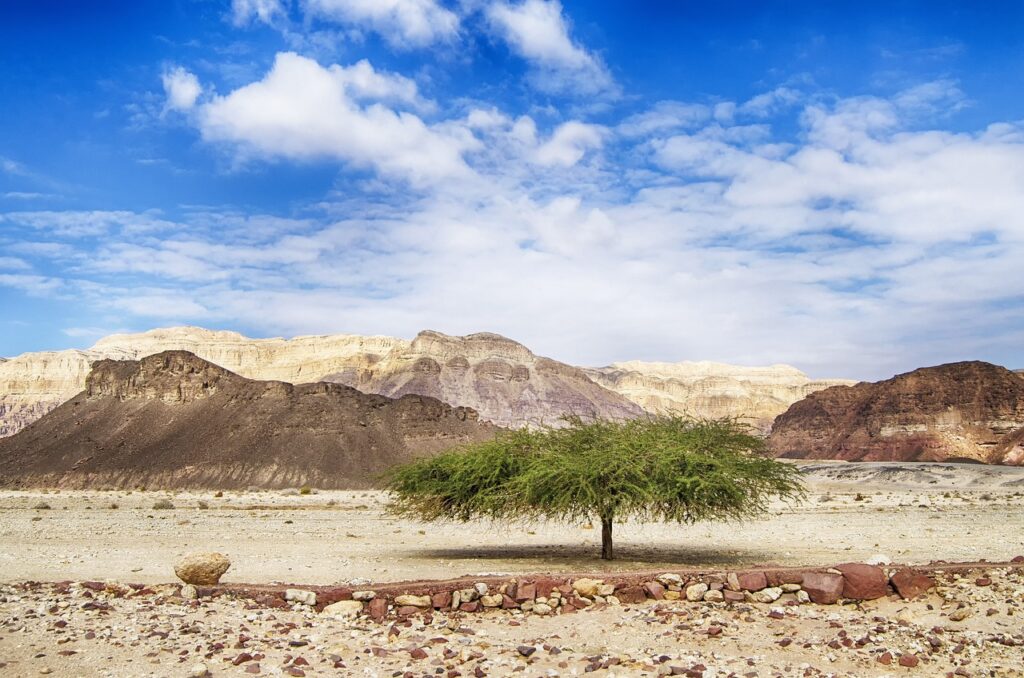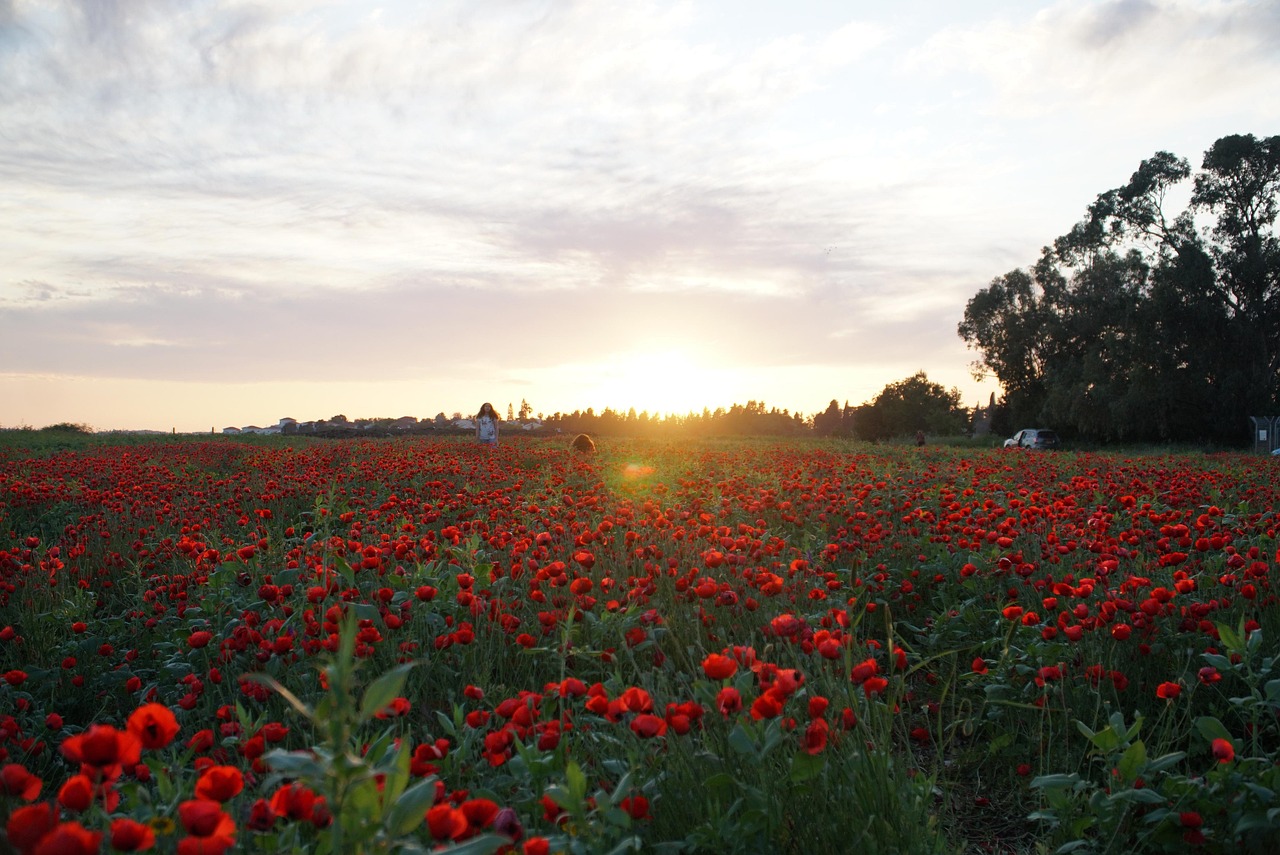This year it’s going to be different. As a child of the seventies growing up in Brooklyn I had no deep religious or spiritual connection with Tu B’Shvat. There were no rituals. Sure, we “planted” trees in Israel. But the real annual ritual was deciding whom to honor with the tree; whose name would appear on the Jewish National Fund certificate (one year, my Hebrew school class bought a tree in honor of the Fonz). We sang a few Zionist songs; we received baggies filled with dried fruit and a hard, dark, tasteless, impossible-to-eat substance they called “bokser” – as if naming it explained everything – and we went home. Why were the trees having a birthday? Why in the middle of winter when snow covers bare branches? What did this holiday have to do with the indoor Judaism of my childhood neighborhood and the shtetl of generations past? And how did Israel fit into it all?












